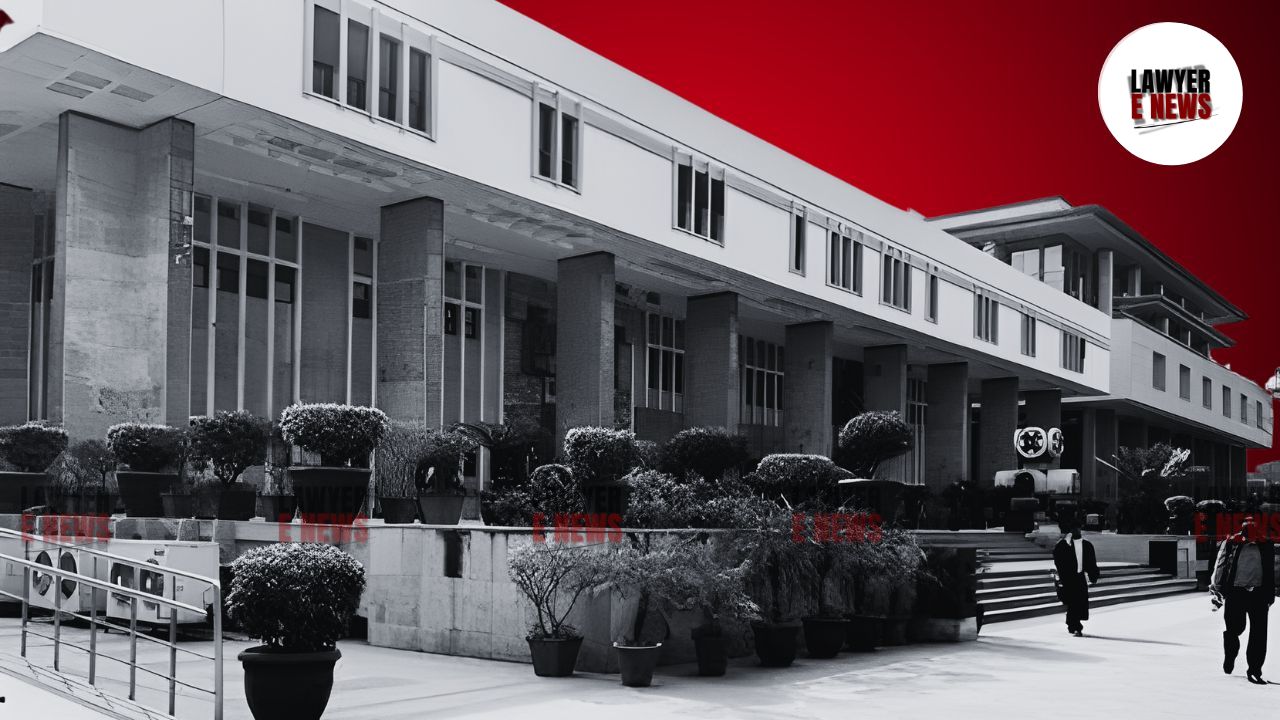-
by Admin
15 February 2026 2:16 AM



Delhi High Court, in Shweta v. CBSE, granted the petitioner's request to amend her CBSE Class 10th certificate to reflect her biological mother's name, Santosh Kumari, instead of her stepmother's name. Justice Swarana Kanta Sharma ruled that Shweta, who had been living with her biological mother since childhood, was entitled to have her identity correctly represented in official records. The Court acknowledged the emotional and personal significance of this change, emphasizing that it was the petitioner's fundamental right to be recognized as her biological mother's daughter.
Shweta's parents divorced when she was an infant, and she was raised by her father and stepmother. Her father's second wife was listed as her mother in her Class 10th records. As an adult, Shweta reconnected with her biological mother and sought to correct her educational documents to reflect her mother's name accurately. Despite her efforts, CBSE refused to make the changes, prompting her to file a writ petition.
The main issue was whether the petitioner had the right to correct her mother's name in her official records, despite the CBSE's opposition, which cited procedural regulations barring such amendments after the issuance of certificates.
Justice Sharma emphasized that the petitioner’s right to link her identity to her biological mother is a matter of personal dignity and fundamental rights under Articles 14 and 21 of the Constitution. The Court rejected CBSE’s arguments, stating that procedural rules could not override the petitioner’s legitimate request to correct her identity in official records.
"Courts must ensure justice is done beyond rigid legal frameworks to address unique and personal circumstances."
The Delhi High Court directed CBSE to correct Shweta's name from "Shweta Sangwan" to "Shweta" and to change her mother's name to "Santosh Kumari" in her Class 10th certificate within one month. However, the Court denied her request to remove her father’s surname, citing no valid basis for such a change.
Date of Decision: September 23, 2024
Shweta v. CBSE.
